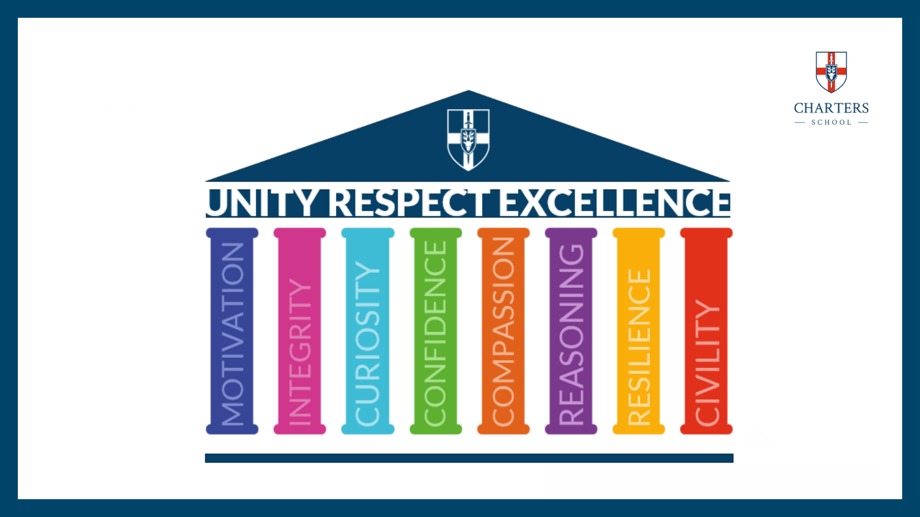- Home
- School Life
- News
- Science Week Assemblies
Science Week Assemblies

All week our Science department has been talking to students in assemblies about British Science Week, which is taking place from 8 - 17 March. The theme for 2024 is TIME. Did you know that time is the most used noun in the English language? Time is all around us and is the basis of how we record life on Earth.
Mr Ruddle began by asking two questions that are so similar in wording, but so vastly different in answer: What is the time? and What is Time? The latter is a quote from physicist John Archibald Wheeler (1911-2008), who first popularised the term black hole and invented the term wormhole, which refers to a hypothetical tube like structure that links two different points in spacetime.
Our modern understanding of time is that it is the fourth dimension, along with the three dimensions we are used to dealing with, it forms part of our definition of where we are in the universe. We are constantly moving through the three dimensions of space and the dimension of time.
We are all time travellers without even trying, not in some super-natural, science fiction kind of sense, but in the sense that our natural experience is that it passes at one second per second. It seems like a ridiculous thing to say, almost too basic to bother with, but that’s how it is. For every second we are alive, we experience one second of spacetime. Except that this isn’t always true. There is a general concept that applies in Science which is that the faster something goes, the weirder it’s behaviour becomes. As we move through three dimensions at an increasing rate, the speed at which we move through time decreases. This can seem like an outlandish thing to say, and indeed when Einstein first presented his theories on relativity in the early 20th century, his ideas kickstarted advancements in physics that have reshaped our view of the universe.
Einstein was the first person to draw this equivalence between space and time and helped identify the link between the two as the speed at which light can travel. Which is really, really fast. Because its’s really really fast, when things travel closer to the speed of light they get really really weird. In fact, our ideas of relativity tell us that if you were to travel at the speed of light then time would stop passing for you!
However, no matter how ridiculous it sounds, it has been proven to be correct again and again.
Throughout the world different cultures have very different perspectives on time and it’s passing. Some cultures are more aware of the past and rely on their history to inform their actions. Others focus on the future, planning meticulously and trying to avoid wasting time as much as possible. There are also cultures that focus on the present and live more in the now.

Mr Ruddle finished his assemblies by saying, "I find time to be a big motivator in a number of ways. I know that I only have a short amount of time in my life. Hopefully it will be as long, happy and healthy as possible, but I don’t know that. So what matters to me is making the most of it. Celebrating and enjoying the time that I have to be here. As well as that it matters to me that my actions make it as easy as possible for people in the future to enjoy their time. That’s one reason that I teach. To provide people in the future, you, with the skills that they will need to be successful. Some people find the limitations on their time to be scary, and that’s ok. We all approach things from different perspectives. The places you have been, and the times you have been, are unique to you. Nobody ever has, or ever will experience exactly the universe that you have, so why would they see things the same way or have the same ideas as you? Your experience of spacetime is, and always will be unique, so treasure it."
Our thanks to Mr Ruddle for creating and delivering such a thought provoking assembly. We are certain that our students are now looking at time in a very differnent way.

